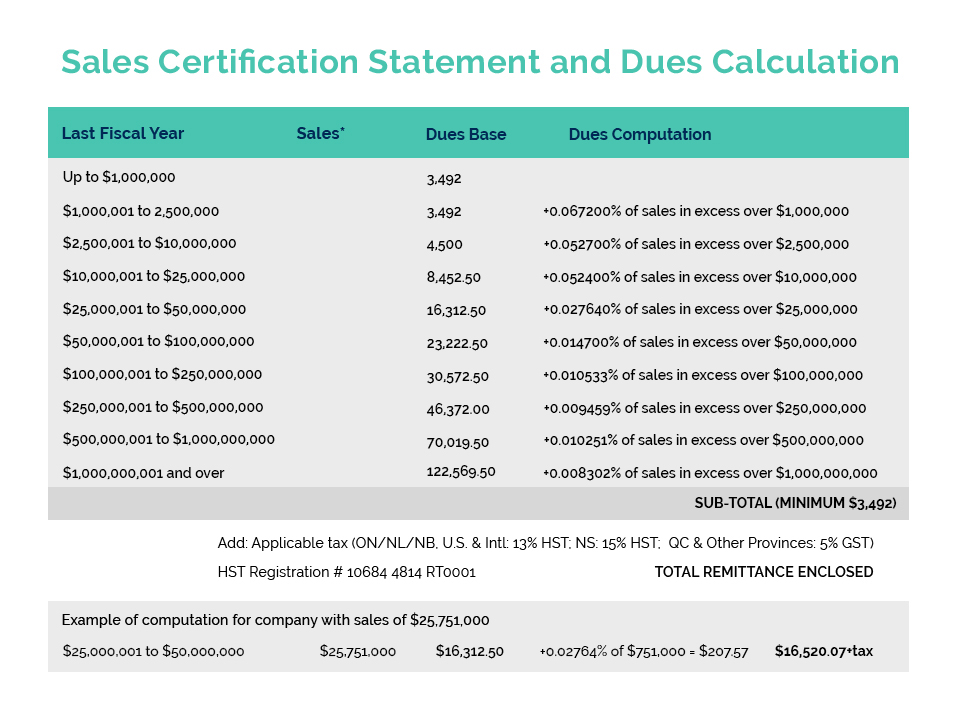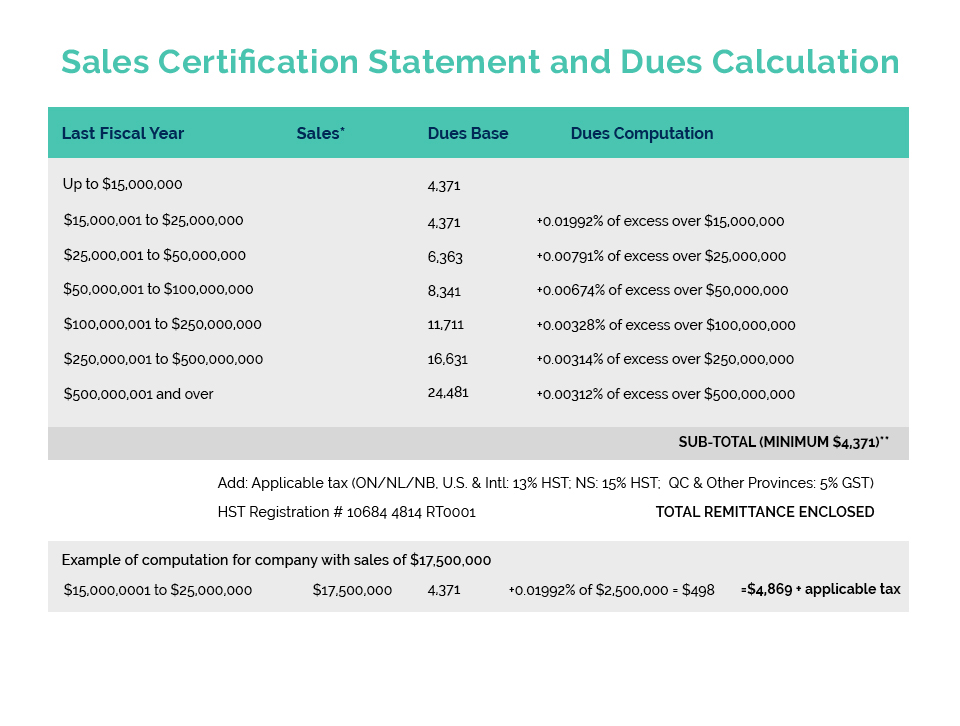When Joseph R. Biden took the oath to become the 46th President of the United States at noon this past Wednesday, it marked the end of four tumultuous years in the Canada – U.S. relationship and the opportunity for a re-set. Although a modernized NAFTA agreement was negotiated during this period, the arbitrary and likely unlawful imposition of tariffs on Canadian steel and aluminum on two occasions (and the retaliatory tariffs which included some of our products), outright mischaracterizations of the Canada-U.S. trade relationship, attacks on many international organizations in which Canada is a strong supporter, and numerous other slights including not having a US ambassador for 18 months, required great patience and focus by Canada’s leaders in dealing with the former administration.
With the new Biden administration, it is expected that the Canada-US relationship will return to the more friendly, respectful and cooperative tone that has been the case over many decades. We do know that President Biden already has a long and positive relationship with Canada with him choosing to visit Ottawa as Vice-President in the final days of the Obama administration. Polls show that he was also the favorite of the vast majority of Canadians in the recent election and so has a large reservoir of goodwill in our country. We also understand that his first call to a foreign leader will be to Prime Minister Trudeau this Friday, a return to what was normally the case for new Presidents with Canada being seen as the U.S.’s closest ally and neighbor. We should also expect that one of the new Presidents first foreign visits (following the pandemic) will likely be to Ottawa. The appointment of a new U.S. Ambassador to Canada is expected to be someone “close to the President” and seen as consequential on both sides of the border in maintaining the relationship.
For our industry, this all bodes well and should help us in pursuing some of our regulatory alignment and trade objectives.
On the other hand, the Canada-U.S. relationship is never perfect and has rarely been without issues. This is part of our “normal” relationship with the U.S. and will be the case with the Biden administration. The new President’s executive order on “Day 1” to cancel the Keystone XL pipeline, although not a surprise, will immediately be an issue for Canada. In addition to the obvious debates over the cancellation’s effect on the Canadian and particularly hard-pressed Alberta and Saskatchewan’s economies, as well as the climate change issues, there are two less discussed issues which the cancellation will bring to light that our industry needs to keep an eye on.
The first is the risks of an integrated economy. When the original Canada-US and then NAFTA agreements were negotiated some 30 years ago – and the U.S. was a net importer of oil dependent on Canadian crude – the US insisted on a provision that should there be a shortage of oil, Canada could only reduce exports to the US on a proportional basis. In other words, we would share the pain as good neighbors and partners. Now, with the US producing more oil than it consumes, there does not seem to be the same interest by the US in proportionately sharing in reducing the oversupply or reducing the reliance on fossil fuels. There are of course many factors involved in the Keystone XL pipeline, but it will raise questions in Canada about the risks that come with significant economic integration. Shortages of PPE and now vaccines during the pandemic can be expected to add to the discussion. As a highly integrated industry, we should be mindful of this issue and what it might mean to us.
The second issue, which may provide our industry with some guidance on how we address the plastic waste issue, is how Keystone XL was managed politically over the last decade. It would appear that this pipeline – true or not – came to be a symbol in the debate on how to manage climate change such that “approval” or “cancellation” became the respective election promises of Republicans and Democrats with no room for discussion or middle ground. As industry considers how to respond to government’s (and the public’s) growing call to address plastic waste and pollution, are there lessons we can learn here in what to do or not do in navigating our role and positioning in the “plastics” debate? Certainly something to think about.







